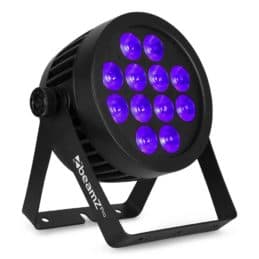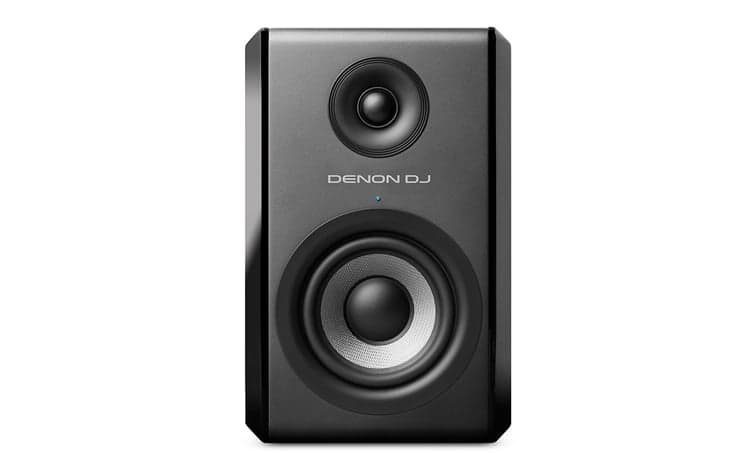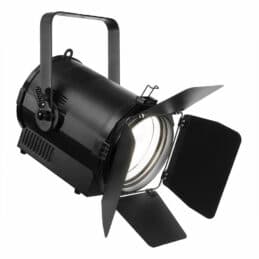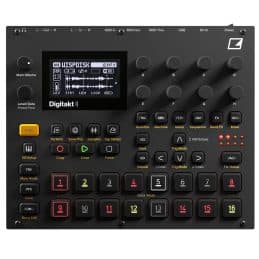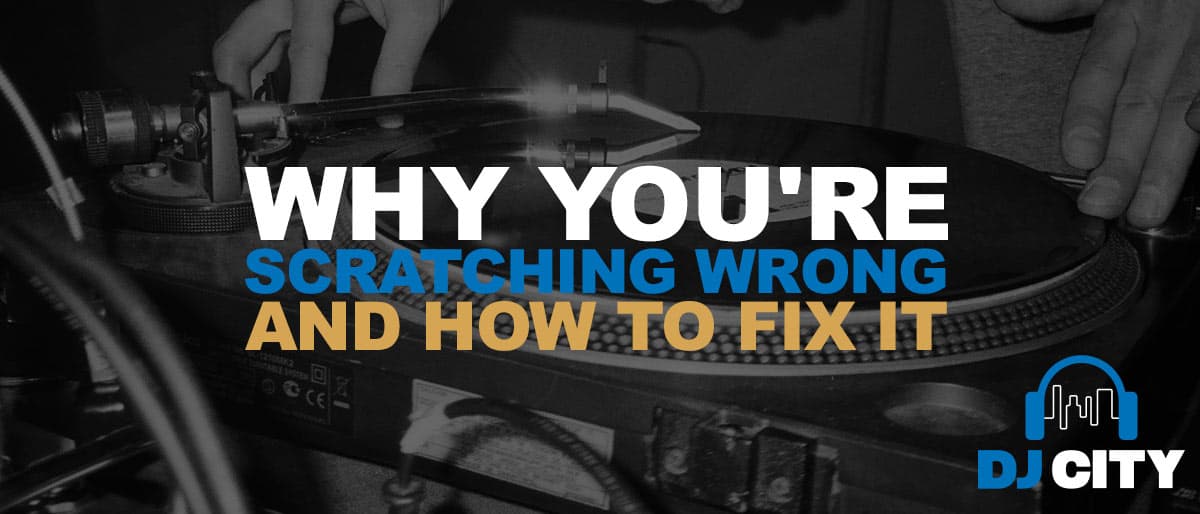
Why You’re Scratching Wrong and How to Fix It
Learning how to become a successful DJ is a journey with ups and downs. Gaining the skills to scratch properly is just a small part of that journey, but one that all DJs should learn at some point.
Many beginner DJs scratch incorrectly and most of them make the same consistent mistakes. To help you out, we’ve pulled together a brief summary of what most people get wrong about scratching as well as provided some tips on how to fix them.
Taking the time now to brush up on your technical DJing skills is the best way to give yourself a competitive edge in the market and ensure that you’re improving with each and every practice session.
To find out more about why every DJ should learn how to scratch, check out our article.
Understanding the Art of Scratching
Scratching, sometimes also called scrubbing, is the DJ technique of moving a vinyl record backwards and forwards on a turntable. The effect is the production of a rhythmic or percussive sound.
There are a few different sounds that are often scratched including drum beats, vocals, lyrics, horn stabs or spoken words from other tracks, and even portions of other songs can be scratched into a hook.
While usually vinyl records are used for scratching, a CD player equipped with a turntable-esque interface can also be used. This allows DJs to creatively use sounds and samples from content sources that have never been put to vinyl records, such as TV shows or movies.
Approaching and Fixing Your Scratching Mistakes
Before we dive into the most common mistakes, it’s important to orient your approach to identifying and fixing your own scratching mistakes.
Don’t Be Unrealistic
Scratching might look easy but as anyone who’s tried it knows, it’s anything but! Scratching is a serious art and requires disciplined practice, like most anything when it comes to DJing.
Don’t be unrealistic with your expectations. You’re not going to be an expert at scratching from the get-go. Like all skills, you will need to slowly and methodically build up your abilities and broaden your skillset.
While it’s good to get inspired and draw inspiration from your DJ heroes, don’t set yourself up for failure and disappointment by thinking you’re going to become an expert in a matter of days. Pace your practise and be patient with yourself and keep working at it!

Don’t Blame The Tools
A bad tradie always blames his tools, right?
The same with a DJ. Don’t blame your gear if you’re struggling to perfect the art of scratching. It doesn’t matter what sort of quality equipment you have, and let me assure you DJ gear ranges in price and quality, you will need to be a supremely skilled and experienced DJ before it’s your machinery that’s preventing you from achieving what you want.
A lot of beginner DJs think their cheaper gear is to blame for their scratching, but this just isn’t the case. Instead of going about and investing more and more money (which you might not even have) chasing some illusion that will magically fix your DJing, focus on buckling down and doing the work.
The Top Scratching Mistakes
Using Subpar Sounds
There are plenty of beginner DJs who want to break the mold and reinvent the wheel off the bat. What they don’t realise is that the tried and tested scratching sounds that most every DJ uses are used repeatedly for that very reason: they are tried and tested!
Starting to mix with your own sounds is something you can aspire to as a proficient and experienced DJ. But when you’re starting off you should focus on getting the classic sounds right and practising them until you’re a real pro.
Not only will this give you a solid foundational understanding of how to scratch but there’s an added benefit as well. By focusing on the same sounds as other DJs, you’ll have a benchmark against which to compare yourself and your skills.
Remember: before you break the rules, you have to master the rules!
Acting the Parrot
Many DJs are motivated by the right drive: Watch the pros, see what they do and copy. The danger here when you’re starting out and honing your skills is that you can often just mimic without really understanding the skills and technicalities involved.
Simply acting like a parrot and copying what your DJing role models are doing is likely to end badly in one of two ways:
-
- You will simply not be able to produce the same sound even if you manage to copy the same hand movements and techniques. This will lead you to feel disheartened and frustrated, understandably.
- Or you’ll incorrectly think you’ve mastered the sound because you haven’t quite mastered enough of an understanding of scratching to tell the difference and set yourself up for more public and humiliating failure in the future. Worse than being way off the mark when it comes to scratching, is not even knowing you’re off the mark!

Skipping the Foundations
The ambition is good. It drives you to practice and work hard and dream big. But don’t fall into the trap many starting DJs slip into where they want to skip ahead to the more exciting and creative scratching techniques without first mastering the basics.
Like settling for subpar sounds, if you don’t build up your understanding and skills regarding the foundational scratches and movements, you won’t be able to build on that solid foundation to bigger and better things.
Not Using the Crossfader Properly
A crossfader is an important tool in the toolkit of the DJ. Knowing how to use it correctly will really make or break your ability to scratch well. Learning how to effectively control the crossfader curve will help you in your quest to truly master the art of scratching.
Trying To Use Both Hands At First
Scratching is hard. Scratching with both hands is harder.
A lot of DJs, again mimicking their heroes, attempt to do too many things at once by trying to use both hands together from the very start. There’s a lot to learn and trying to develop skills in both hands simultaneously is a lot!
In most DJ classes, each hand is focused on and taught separately. This allows you to learn at a slower, controlled and ultimately more effective pace.
Work slowly on the skills required by your platter hand and your crossfader hand one at a time. Scratching requires your hands to work in seamless synchronicity but at different things and at different times. Like driving a car, riding a bike or typing on a keyboard, these skills take time to master and sink in.
Don’t Sacrifice Content For Technique
It can be easy for those of us with an obsession with DJing to get bogged down in developing our technical skills, like scratching, and then once we’ve perfected the art, take every opportunity to show our new gifts to the world. Don’t sacrifice the content of your DJ sets for showing off your scratching skills.
Use your newfound scratching ability to enhance and spice up your music-making whilst focusing on the overall content of your gig.
Stopping Practicing
You might be a quick learner or you might have been hammering away at fixing your scratching mistakes for months and months. Either way, you’re never finished practising! As with all DJ skills, you can always improve your scratching and expand your sound-making horizons. What separates the good from the great? The good is just that: good. But the great take it to a whole new level. If you want to excel in your career as a professional DJ, never stop practising.
You might also like the following articles:
- https://djcity.com.au/blog/does-switching-to-vinyl-make-you-a-better-dj-vinyl-vs-digital-dj/
- https://djcity.com.au/blog/who-are-the-best-hip-hop-producers-of-all-time-top-20-list/
- https://djcity.com.au/blog/the-5-best-websites-to-find-free-acapellas/
Never Stop Scratching!
Scratching, as we began by saying, is really art but requires a lot of technique, understanding and, of course, practice.
Excellent scratching really does separate the amateur DJs from the professionals. Never stop practising and working on your mistakes and you’ll find yourself slowly but surely improving from session to session, day to day and week to week.
One last tip before we wrap up: make sure you have fun. Making music is all about a deeper connection and it should always be enjoyable even when it’s hard! So keep at it and the best of luck to you!















